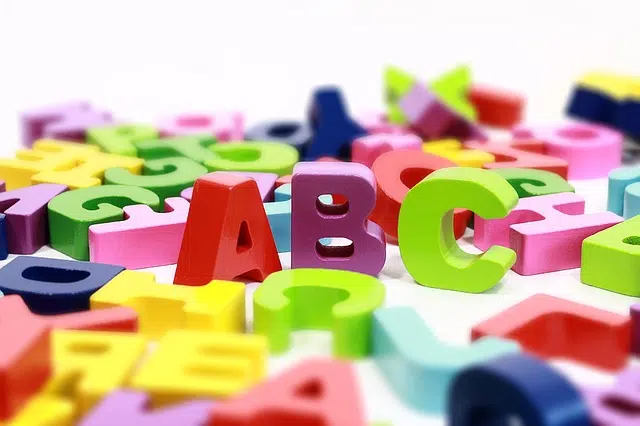
A glossary is an ordered catalog of words, which appear with their definition or explanation.
From the Latin glossarium , the glossary is a catalog of words from the same discipline or field of study, which appears defined, explained or commented on. It is also a catalog of unusual words or a set of comments and glosses on an author's texts.
A set of glosses
The concept is used to refer to the set of glosses , which are small annotations that are made to explain the meaning or the context in which a word is used within a text. In general, those books that deal with specific topics of a subject (scientific, religious, etc.) add a glossary at the end of it where certain terms are listed whose meaning may not have been understood ; In this way readers can understand the text in a broader way.
The glossary is usually added to the end of a book or encyclopedia, as a complement to the main information. For example: a novel dealing with religious issues may include several Latin terms. The glossary, therefore, will include the explanation of these terms. In this way, the reader will be able to understand the meaning of the text more precisely.
It is common nowadays, therefore, to find a book that contains at the end an annex that consists of a set of "rare" words that have appeared during reading and that are infrequently used along with their meaning. Sometimes these terms are from another language or belong to an ancient language or idioms from a certain place . For example, in a gauchesco story the meanings of certain lunfardo words tend to appear related to that historical period and which we would not be able to understand out of context and would make the understanding of said text more difficult.
Types of glossary
Glossaries are prepared by specialists but are aimed at a broader audience (that is, their objective is to transcend the circle of people specialized in a subject). It is assumed that the subject educated in a certain field does not need an additional explanation about the words used. A neophyte, on the other hand, needs the glossary as support to understand the contents.

Glossaries are similar to dictionaries, although there are differences.
There are glossaries of the most diverse areas and fields. An environmental glossary will include the explanation of terms such as ecology , recycling and sustainable . A computer glossary , on the other hand, will explain concepts such as computer , hardware , software , and the Internet .
It is worth mentioning that according to the subject matter of a text or article, it will include in its glossary terms not only that appear in it, but that can also provide extra knowledge and notes to the reader. The job of the glossators is to know how to choose which ones. They are the most relevant and interesting words of the term that are worth including in the annex to instruct readers.
Differences with dictionaries
Although a glossary is not the same as a dictionary , in the beginning these were similar to glossaries and from there derives the association that is established between the two to this day.
The Royal Spanish Academy (RAE) defines a dictionary as the book in which words from a language or a specific subject are collected and explained, in an orderly manner (generally, alphabetically); where there is no classification by subject nor are relationships established with the rest of the words belonging to it.
In ancient times, glossators were those who dedicated themselves to collecting obscure terms or terms with meanings that were not so common and making annotations about them that would allow a better understanding of the texts. Based on this utility, dictionaries were later created, more extensive but whose purpose is similar, to provide knowledge about the meaning of words.
